Forget Income. To Some Landlords, Your Race is More Important.
May 24, 2021Pingalayen Kumar moved out of his parents’ home when he was 22, and began working in Malaysia’s bustling capital of Kuala Lumpur — a renter’s market with a ready supply of sky-rise apartments, spacious house shares and common shared rooms.
He was confident that searching for his dream place would be a breeze. But after learning that Kumar was Malaysian Indian, property agents who had been in contact with him abruptly cut him off. “My name was a dead giveaway,” he said, adding that one agent had even requested for personal photos of him.
The “disturbing and dehumanizing experience” has stayed with him to this day and repeated itself over the years, Kumar, now 25 and a business analyst, told VICE World News. “Unfortunately this happens all the time and is often the case when Malaysian landlords find out about a potential tenant’s race or skin color,” he said.
“Many landlords in Malaysia actually refuse to rent to Indians because they believe we are all violent alcoholics and would make poor tenants by destroying things or stealing.”
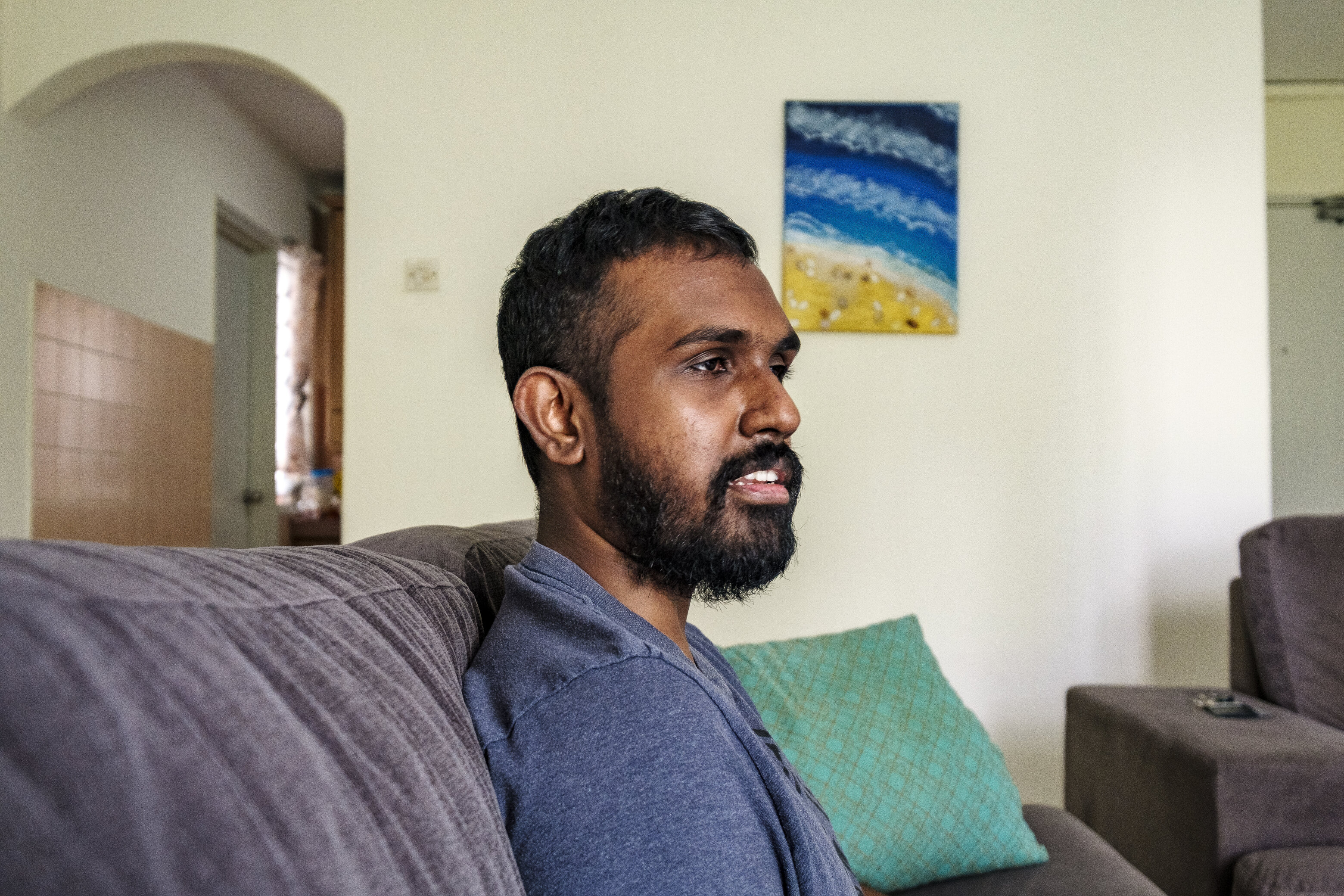
Last year, Kumar was moved to try and paint a more statistical portrait of the problem.
He collected data from property reports and shared detailed charts and anecdotal evidence in a Twitter thread that went viral. In one chart, Kumar claimed that Malaysian Indians like himself, were kept out of close to half of all property listings in Kuala Lumpur through careful screenings by property agents and online and mobile ads that listed landlords’ racial preferences.
From his personal experience, he also said that agents would inform potential tenants of a landlord’s racial preference after calling them.
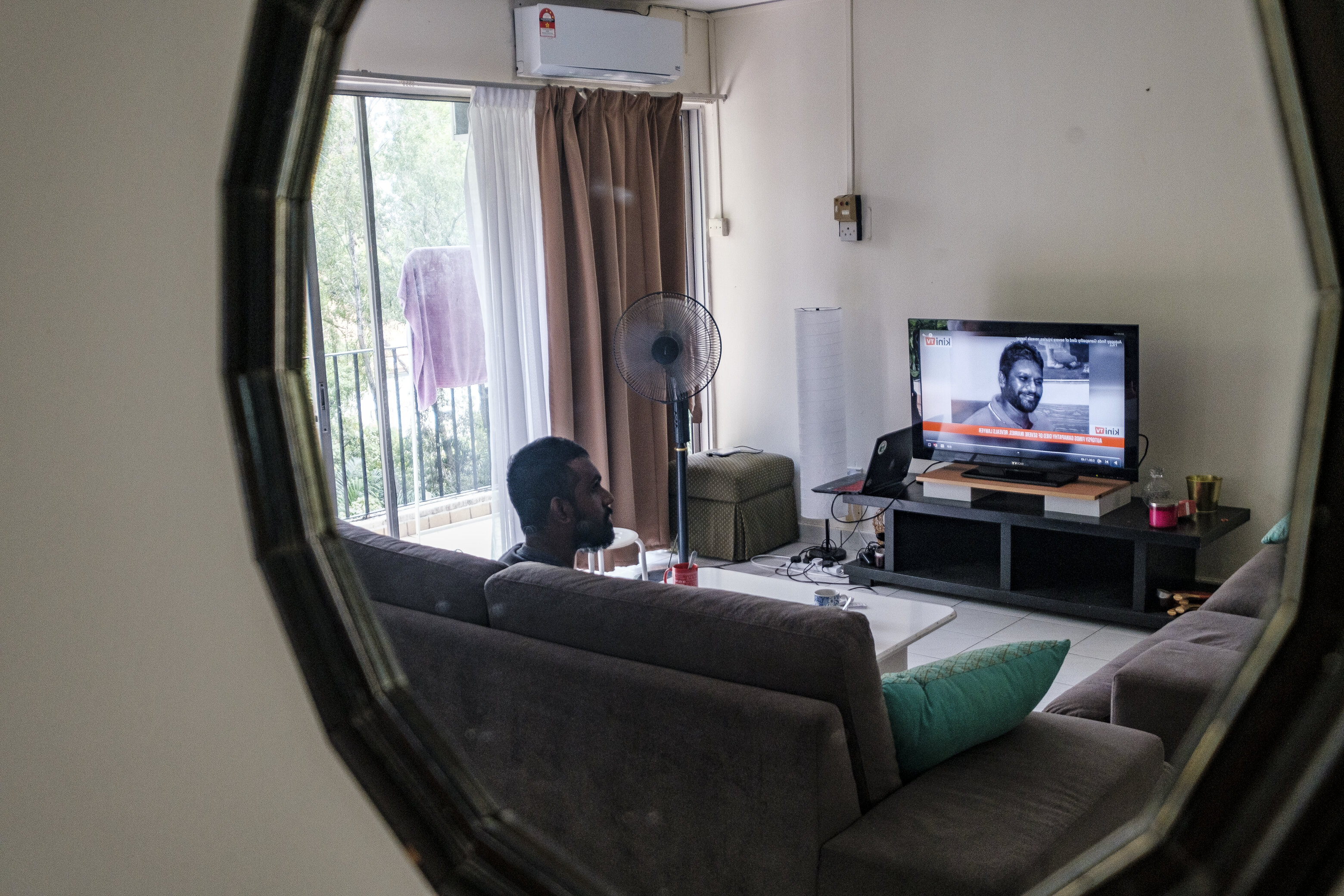
Ethnic Malay Muslims make up more than half of Malaysia’s total population, followed by ethnic Chinese and Indians. But observers say discrimination against minorities seeps into everyday life, and one of the most explicit ways this happens is in the housing market. One Malaysian landlord even made headlines last year when she forcefully evicted an Indian tenant who had just moved into her property after she discovered he was Indian.
The man was evicted even after signing his lease.
Shan Nair, another Malaysian of Indian descent, said he was ghosted several times by racist landlords and their agents, and said that the market was “extremely skewed” against Indian tenants and other minorities.
“Even if I’m Malaysian, being Indian definitely limits my options when it comes to finding good places to rent,” he said.
“There are a million other factors that landlords should look at instead when it comes to considering potential tenants. But instead, we are always first judged by the color of our skin and there’s nothing we can do about it — it’s sickening.”
“There are a million other factors that landlords should look at instead when it comes to considering potential tenants. But instead, we are always first judged by the color of our skin and there’s nothing we can do about it — it’s sickening.”
But the problem of rental racism is not unique to Malaysia. The same pattern repeats itself right across the border in neighboring Singapore, which prides itself on being an ethnically diverse nation.
According to a 2017 investigation by CNBC, many local landlords would rather leave their properties and units empty than rent to people of minority races.
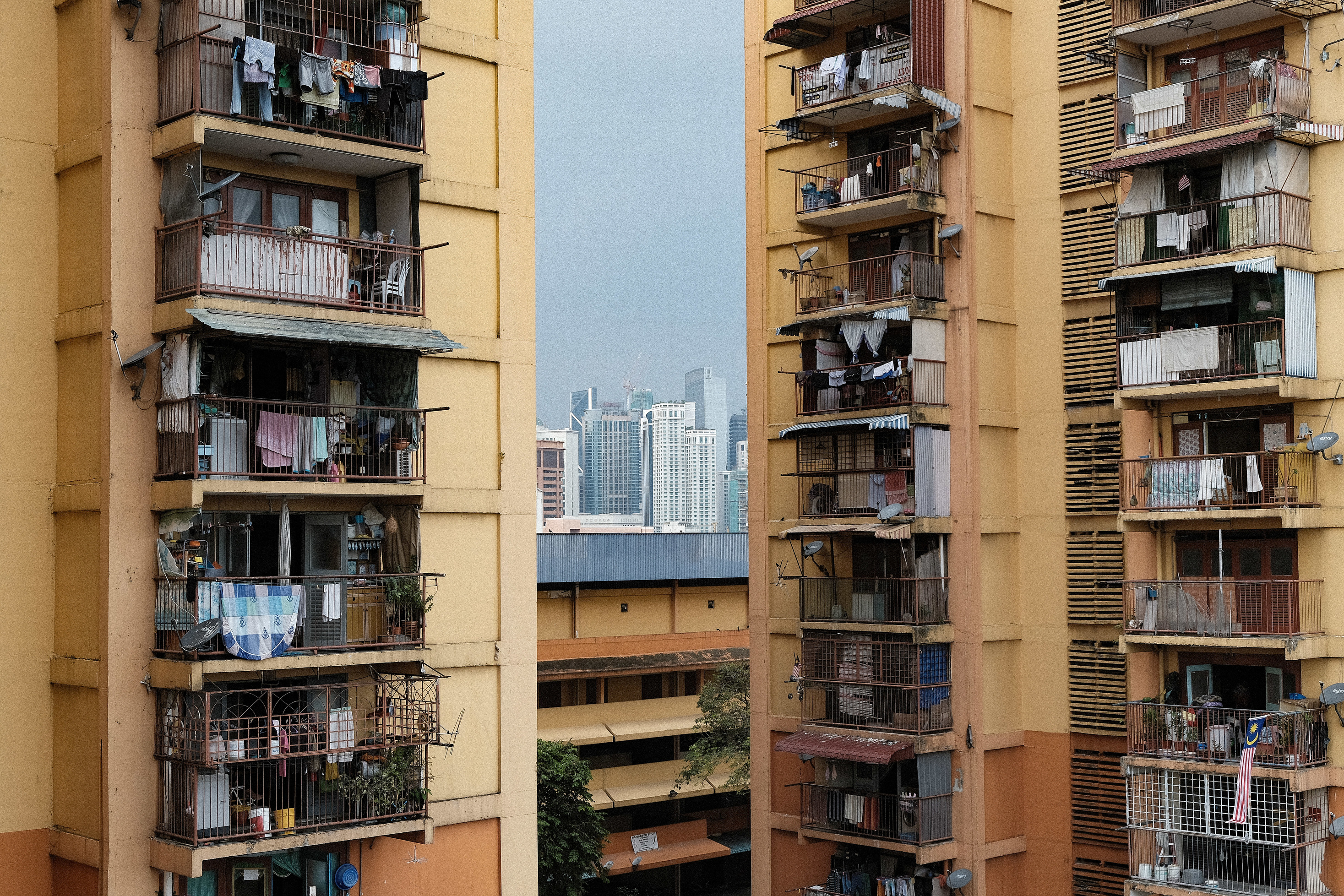
Some listings even state specific racial preferences for Chinese tenants and families. This is despite official policies set by the government’s housing development board to ensure a fair and balanced mix of races in all neighborhoods.

VICE World News found at least 10 listings on popular online rental portals in Singapore and Malaysia that stated racial preferences for tenants. These ads are typically posted by property agents working on behalf of landlords.
One landlord, a Chinese-speaking Malaysian businessman from the southern state of Johor, told VICE World News that race was often the deciding factor for him when considering potential tenants because it was “just good business dealing with other Chinese people.” He spoke on the condition of anonymity given the sensitive nature of the subject.
But there might be hope in changing this practice.
Freelance real estate agent Susan Yap, who caters mainly to foreign clients in Singapore, said that receiving racial requests from landlords was “common,” but that there were many agents like herself who did not subscribe to the practice.
“There are plenty of bad eggs in the market but at the end of the day, no one wants to be seen doing business with racists. So most of us put our foot down or try to reason with difficult landlords,” she said. But according to Yap, it was still the landlords, and not real estate companies, who have the final say when it came to choosing their tenants.
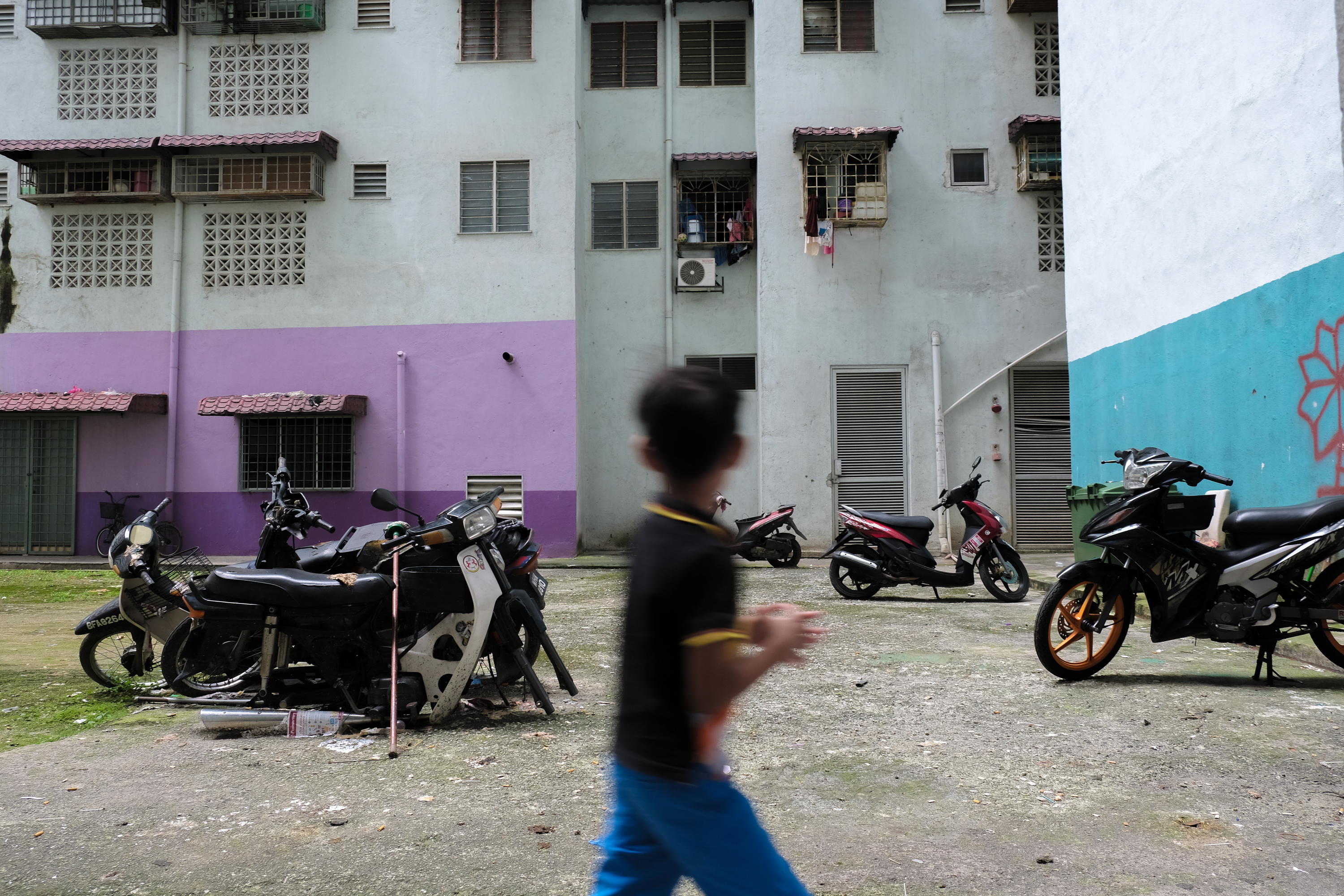
Lawyers and politicians from both countries have actively called on government agencies to do more to end discrimination and racism in the housing markets, but no concrete solutions have emerged.
The outcry may be having an effect though, with some companies even introducing new features, expressing zero tolerance over the practice, and remaining vigilant about it.
In an emailed statement to VICE World News in response to questions about rental listings that stated racial preferences for tenants, Property Guru, one of the region’s largest online rental portals, said that it “did not condone discrimination of any form” and added that listings were “actively moderated”.
Guidelines and terms of conditions also “clearly prohibit” agents from indicating race or ethnic preferences or any other kinds of biases in rental ads.
“Discrimination in our society does exist and we actively invest to avoid it from affecting our users,” said Vivek Kumar, the group’s product vice president. “It remains our belief that all renters and buyers must be welcome, regardless of their race, ethnicity, and any other biases.”
Another company, Singapore-founded 99.co, launched a new online feature on its website that allowed for “diversity-friendly” rental property listings. “Agents and landlords can now positively indicate that their rental listings can be listed to be open for all, regardless of their ethnicity, background or nationality,” it said in a statement.
“The idea is to give renters peace of mind during their home search journey, reducing instances of rude comments and unpleasant experiences while enquiring about listings.”
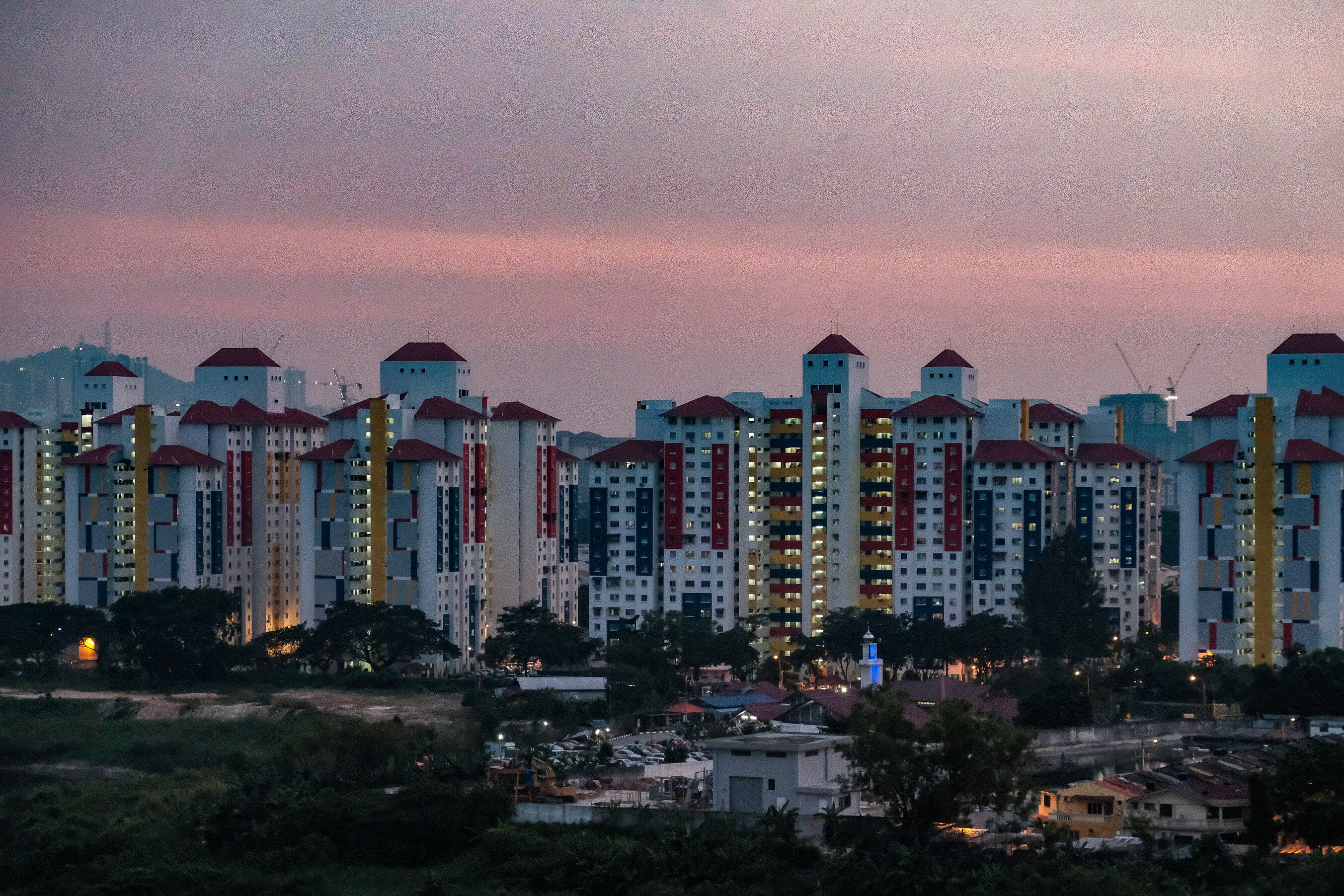
Still, the personal experiences of renters show that much work is to be done overall for the mindsets of property owners to truly change.
“We know that racism is an ugly problem that has no place in modern society but there are still many Singaporeans who don’t believe it exists,” said Nicholas Phan, a local tech entrepreneur whose Tamil wife he said was not spared from racist incidents, dealing with jokes, stereotypes and “thoughtless comments”.
For years, the interracial couple were rejected and ghosted for apartments and lived with in-laws until they saved up enough money to buy a place of their own.
“I wouldn’t settle anywhere that didn’t accept my wife,” Phan said.
“In the end, things worked out for us but it really shouldn’t have had to come to that.”
Follow Heather Chen on Twitter.
